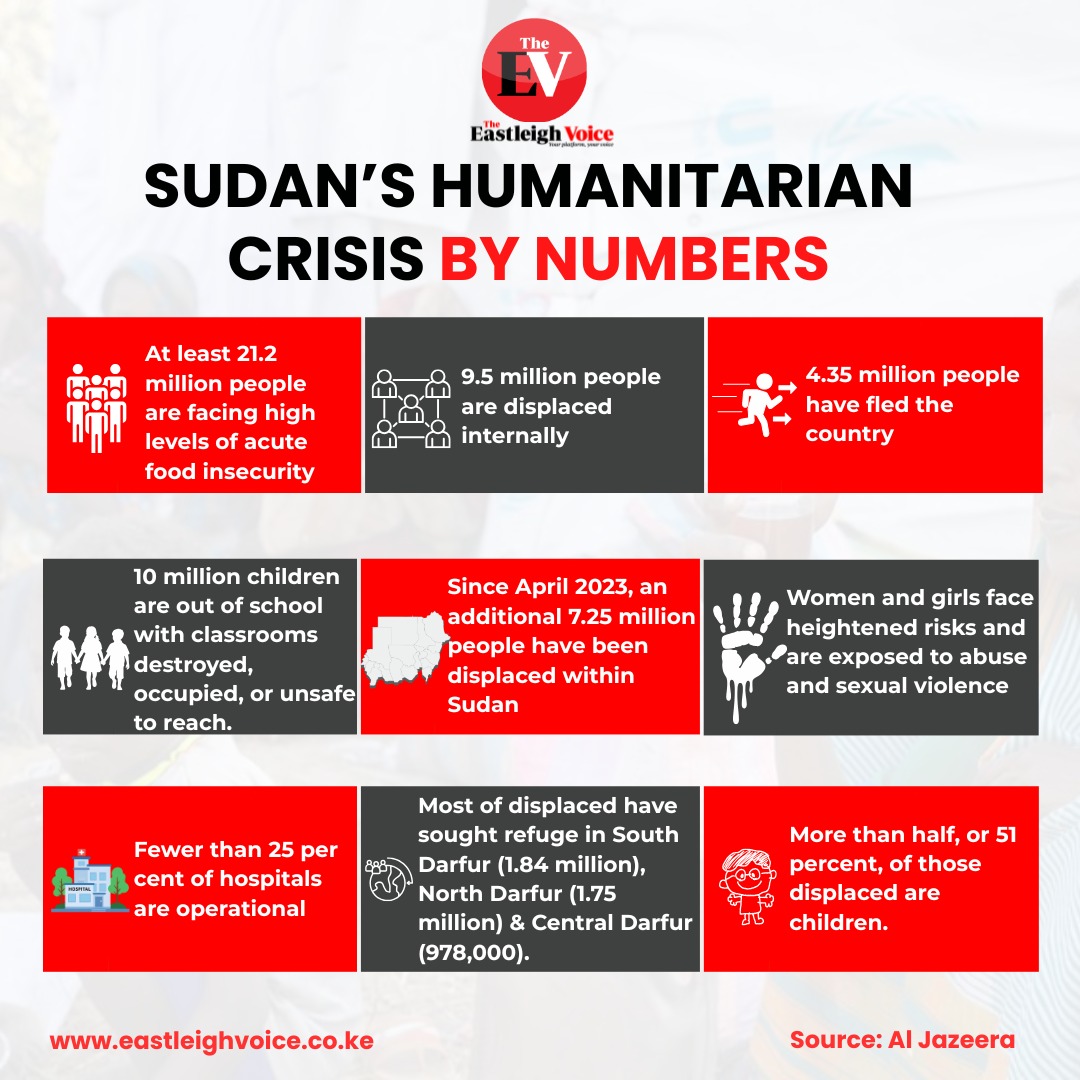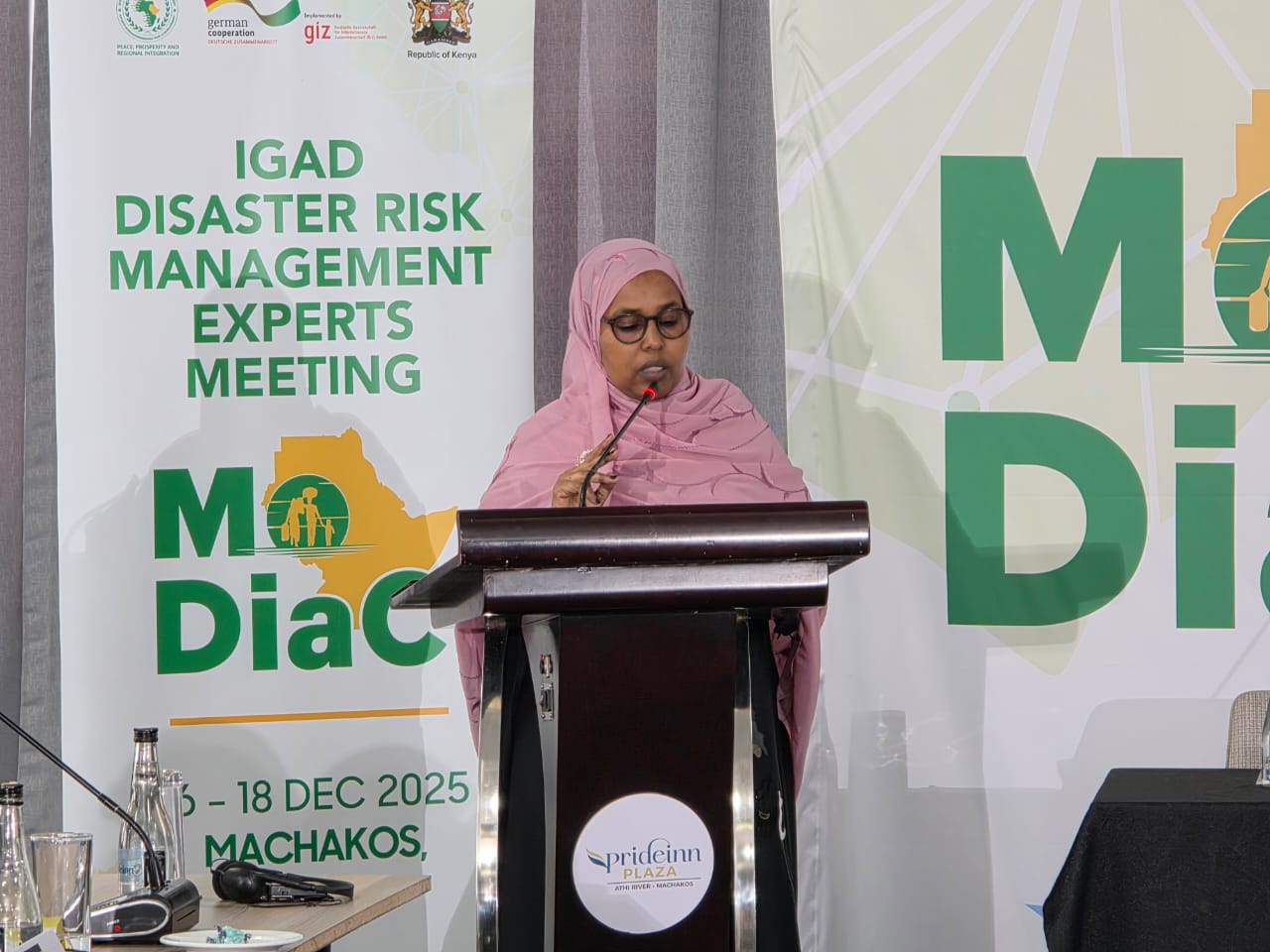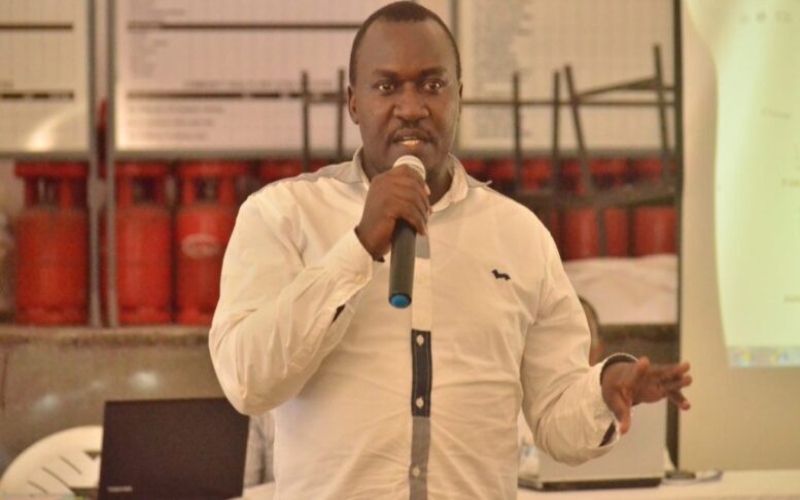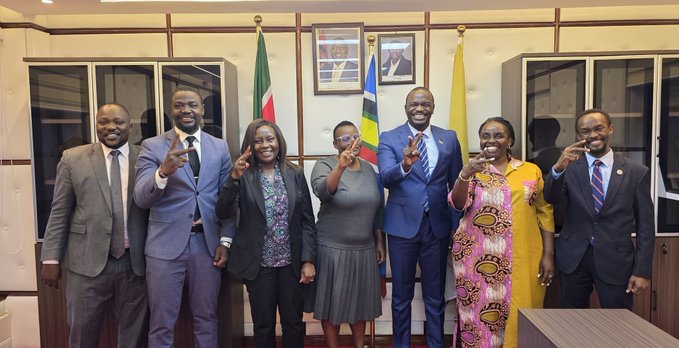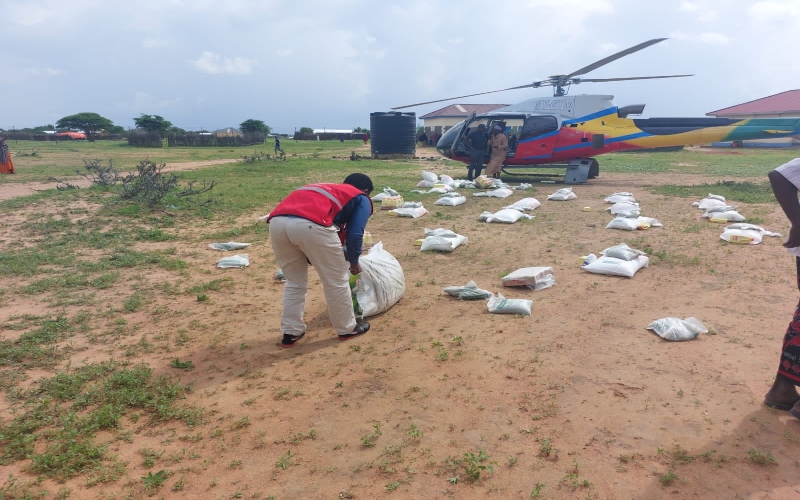Kenya to integrate HIV, TB, malaria treatment into mainstream healthcare
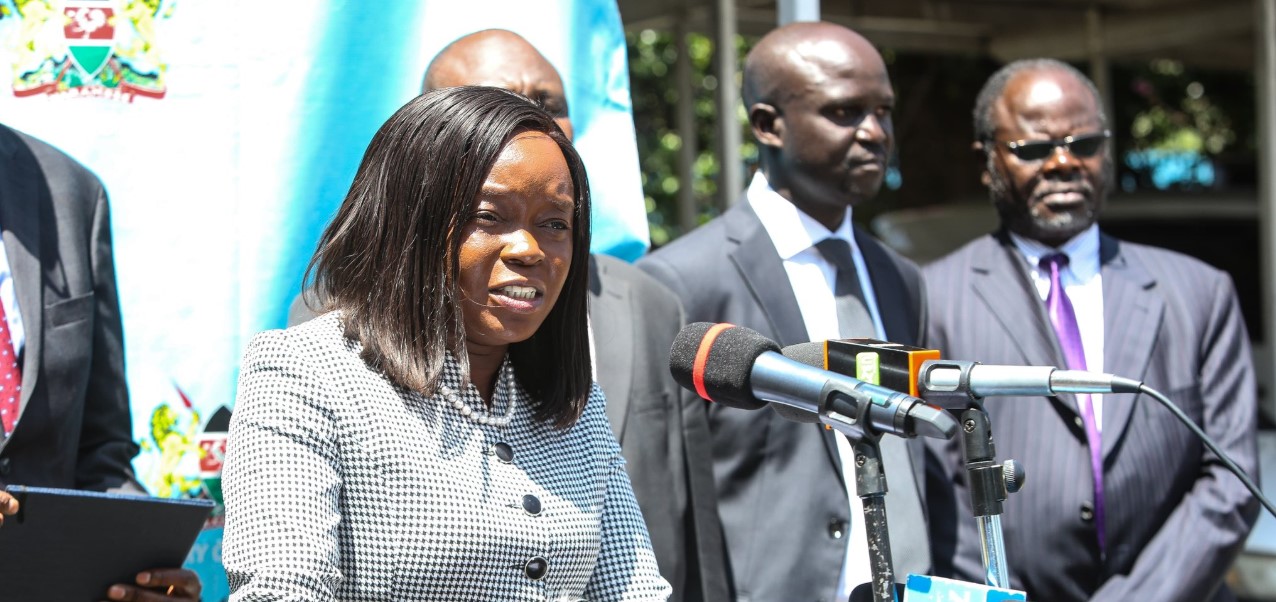
The Ministry of Health is gradually increasing domestic healthcare financing to ensure uninterrupted access to these life-saving services, even as donor support declines.
The Ministry of Health has taken steps to integrate HIV, TB, and malaria treatment into Kenya's mainstream healthcare system, moving away from standalone programmes that have long relied on external donor funding.
Speaking at a media briefing on Wednesday, Health Cabinet Secretary Debora Barasa assured Kenyans that the country is well-prepared to sustain these services domestically, even as global funding priorities shift.
More To Read
- Health Ministry clarifies Kenya–US health partnership respects sovereignty, data protection
- Third Kilifi health forum opens with urgent calls for financing, digital solutions
- England confirms new mpox strain: What you need to know
- Out-of-pocket medicine costs surge amid drug shortages in Kenya
- Kenya urges stronger regional cooperation as transport corridors fuel disease risks across East Africa
- How Trump–Ruto health deal fills the void left after USAID exit
"The withdrawal of aid is not just a Kenyan issue but a global challenge. We urge Kenyans not to panic," said Barasa.
The government is prioritising sustainability, ensuring these essential health services are financed through the national exchequer and Treasury allocations rather than depending on fluctuating foreign aid.
"We appreciate the contributions of global health partners, as they have helped us achieve significant milestones," Barasa said.
For decades, Kenya's HIV and TB programmes have heavily relied on international funding. The Global Fund to Fight AIDS, Tuberculosis and Malaria has been the largest donor, providing 75 per cent of international TB funding in 2022.
New grants
In June 2024, Kenya and the Global Fund launched six new grants totalling $407 million to sustain progress in tackling AIDS, TB, and malaria while also strengthening health and community systems from 2024 to 2026.
The US President's Emergency Plan for AIDS Relief (PEPFAR)has also been a key player in supporting HIV and TB prevention efforts since 2004, working through the Centres for Disease Control and Prevention (CDC) to strengthen Kenya's healthcare infrastructure.
While these funds have been critical in disease management, Kenya is now shifting towards self-reliance. The Ministry of Health is gradually increasing domestic healthcare financing to ensure uninterrupted access to these life-saving services, even as donor support declines.
As part of its broader health sector reforms, the government is working to integrate HIV and TB services into the primary healthcare system. This shift means these diseases will no longer be treated separately but will become part of routine health service delivery.
Counties such as Murang'a have already taken the lead, demonstrating the effectiveness of a unified model. However, some regions continue to face misinformation and logistical challenges, slowing progress.
Beyond financial support, successful integration requires a shift in mindset among healthcare workers, policymakers, and the public.
This transformation is part of a broader global effort to establish sustainable, locally managed healthcare systems.
Top Stories Today

